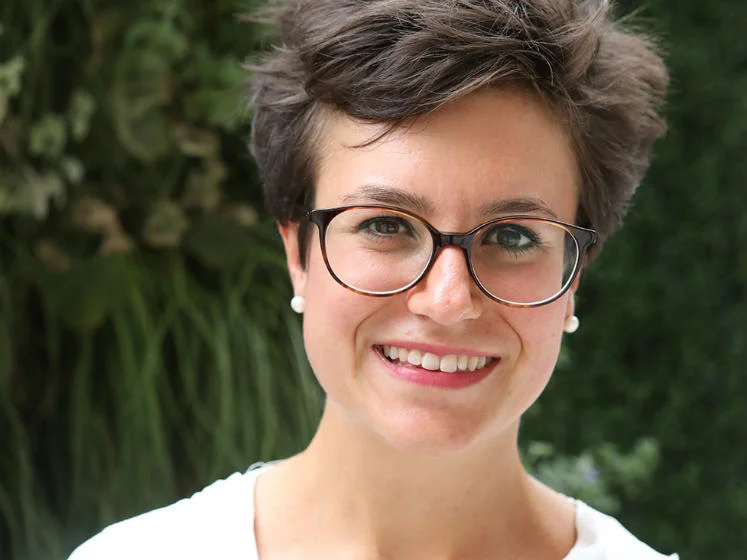Q&A with Ida Danewid
Researching global solidarity and colonial patterns
Ida is studying for a PhD in the Department of International Relations
My research speaks to anyone with an interest in global social justice, in general, and the project of decolonisation, in particular.

What are you currently researching?
My PhD thesis seeks to decolonise the theory and practice of global solidarity. I argue that the history of solidarity is closely linked to imperial forms of power/knowledge, and that contemporary practices of solidarity continue to reproduce these colonial patterns.
One of the key aims of the thesis is to demonstrate that this has important implications for how we think about a range of different moments, contexts, and scenarios, including the European migrant crisis, the movement for black lives in the United States and beyond, and the struggle against neoliberal apartheid in South Africa.
Why did you choose this area of study?
My PhD topic is the result of many different encounters and conversations that I have had over the years; of travels that I have done in Asia, Africa, and the Middle East; of learning from and listening to friends and activists; and, of course, an awful lot of reading!
How will your research improve or have a wider impact on society?
My research speaks to anyone with an interest in global social justice, in general, and the project of decolonisation, in particular. For me, this goes hand in hand with teaching. I’m incredibly passionate about making students think critically about international political theory and practice, especially from a post/decolonial and feminist perspective.
What do you hope to do career-wise, long term?
I’m hoping to stay in academia, either in the UK or elsewhere in Europe.
Can you provide any advice to prospective students about the most effective way to approach research and keep stress levels down?
Community has been key to me, both within and outside the academy. Surrounding myself with people who understand and support my work, as well as with friends that know me for other qualities, has been absolutely essential. I’m also a dedicated ashtanga yoga practitioner and roll out my mat six times a week — I don’t think I could have done the PhD without it!
What resources are available at LSE to help young researchers?
I’m one of the incredibly lucky PhD students that have full funding. This has meant that I have been able to focus on my research and teaching, without having to worry about making ends meet.
The Department of International Relations is also very generous in sponsoring PhD students to attend conferences and summer schools. In the coming months, I’m going to Brazil for a course on decolonial black feminism, and will also be presenting a paper at the EISA conference in Barcelona.
In a few words, what is the best thing about studying at LSE?
The location. London is a diverse and multicultural hub with plenty of exciting talks, exhibitions, and workshops on offer.